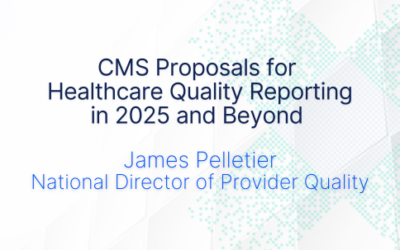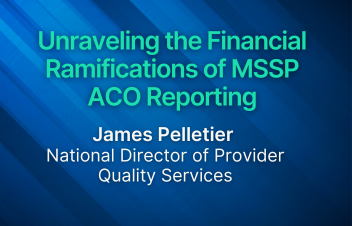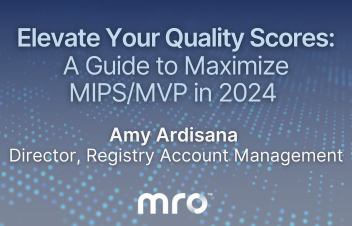Data has always been at the forefront of healthcare, and the technology facilitating data exchange among healthcare stakeholders continues to evolve. With the surge in data demand, growing volumes of data, new exchange technologies, and the escalating risks of data breaches, MRO is at the center of the clinical data exchange conversation.
In a recent interview with HIStalk, I had the privilege of addressing some of the pressing questions related to the safe and secure sharing of healthcare data. Based on my twenty years of experience in healthcare technology, the interview included valuable insights on release of information, interoperability, and value-based care.
MRO’s mission is to deliver solutions designed to reduce administrative burden and overall healthcare costs for both healthcare provider organizations and health plans. We see data and interoperability as essential levers to achieve value-based care goals across the entire healthcare ecosystem.
You can access the full interview here and review four essential criteria for successful clinical data exchange below.
Essential ingredients for safe and effective clinical data exchange
- Ability to expand beyond claims data
- Ongoing management and secure transfer of clinical data across various formats and from siloed data sources
- Streamlined exchange of clinical data between providers and payers—vital for further acceleration
- Inclusion of patient registries endorsed by professional societies into the interoperability and VBC conversation as associations support clinical quality initiatives and partnerships
The importance of data normalization, standardization, and security
As the demand for clinical data intensifies and timely exchange becomes more critical, the normalization and standardization of data remain underdeveloped. MRO’s scope has expanded over the years to ensure timely and secure access to clinical data in a format tailored to credentialed users’ needs regardless of source system or data format.
MRO’s achievements in data normalization and standardization are reflected in our third NCQA Data Aggregator Validation status—a significant endorsement of our capabilities in this area.
Finally, in light of recent massive cyberattacks, there is an urgent need for stringent security measures and diversified technology deployment among providers, payers, and vendors. MRO understands that education and information governance are needed to prevent such threats. And patients deserve the promise that their own data is being exchanged securely.
While actively exploring AI solutions both internally and with our partners, MRO continues its commitment to data extraction, digitization, ingestion, normalization, and standardization to make data useable and securely transferable. Our near-term strategy centers on digital transformation, client centricity, and delivery value across our extensive network to drive continued growth and innovation in healthcare.
To read my full interview, click here.


